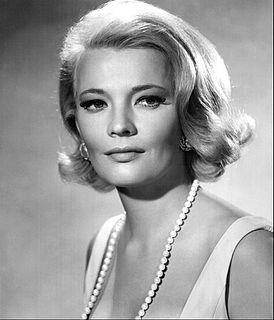A Quote by Judd Nelson
I remember Emilio [Estevez] and I were at John's house during the rehearsal process. And John [Huges] had mentioned he wrote the first draft of Breakfast Club in a weekend. And we both at the same time went, "First draft? How many do you have?" And John said he's got four other drafts. And we go, "Can we read them?" And for the next three hours, Emilio and I read those other four drafts.
Related Quotes
We [ with Emilio Estevez] asked if we could take some things [ in Breakfast Club] that weren't in the shooting draft, but from earlier drafts, "Can we maybe use this?" And Hughes was very amenable to all that. And there was some stuff that I liked, and I said, "How about this?" And he went, "Well, we'll check with Molly [Ringwald]. Those scenes are with her. And if she likes it, fine." So it was just wonderful. It was great.
Though [John] Hughes did provide for us, if we wanted, to go to a local high school and try to blend in. Michael [Hall] and Molly [Ringwald ] already had school to go to with their tutors. Ally [Sheedy] wanted nothing to do with high school. She said, "I remember it fine. I don't want to go back." Which is great. So Emilio [Estevez] and I went. And Emilio lasted a couple hours because people recognized him from The Outsiders that had already been out, so his cover was blown.
I worked with John Maybury on The Jacket and I think he's an extraordinary film-maker. I read the first drafts of this piece when I was working on The Jacket, and we'd so fallen in love with him that we thought he was the only person that should direct this! We wrote poems for him, we sent him champagne and cakes. Four years later he finally read it.
I'm not typing. I write only by longhand. I've always written first drafts by hand and then once I was into a second or third draft I wrote insert pages on a typewriter. But I got rid of all my typewriters about three or four novels ago and now I do everything by hand. I write by hand because it makes me go slow and going slow is what I like.
I was a lot dumber when I was writing the novel. I felt like worse of a writer because I wrote many of the short stories in one sitting or over maybe three days, and they didn't change that much. There weren't many, many drafts. That made me feel semi-brilliant and part of a magical process. Writing the novel wasn't like that. I would come home every day from my office and say, "Well, I still really like the story, I just wish it was better written." At that point, I didn't realize I was writing a first draft. And the first draft was the hardest part.
It's more like I write multiple first drafts, handwritten. So with my first novel, I wrote whole drafts from different points of view. There are different versions of that novel in a drawer on loose-leaf sheets. I won't even look at the first draft while I'm writing the second, and I won't look at the second before writing the third.


































